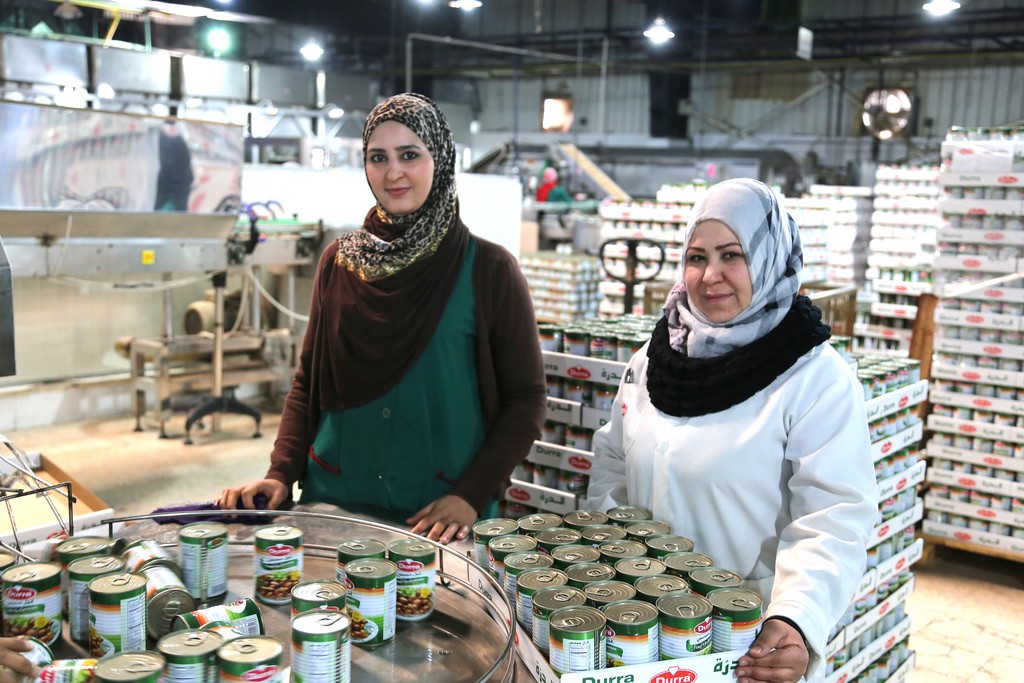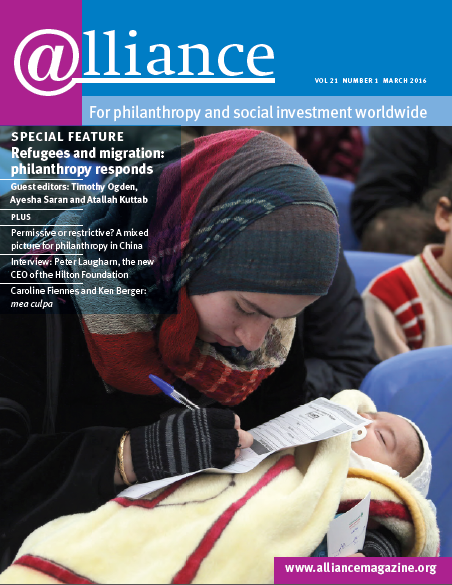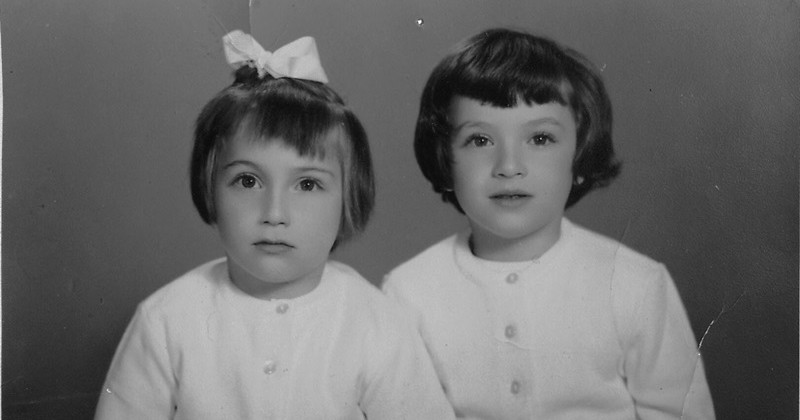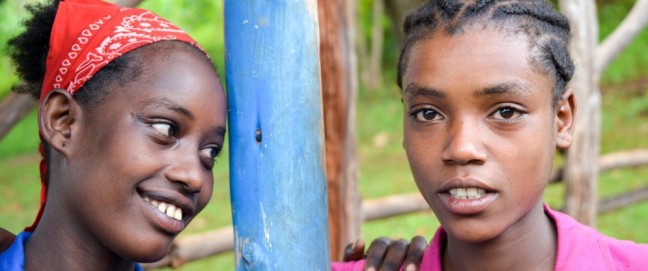When I left Syria at the age of ten, I did not realize that I was part of a family of Syrian refugees. It was my father who faced ‘political problems’ in Syria as we used to say. Every respectable family had some member who had political problems. My father was jailed then fired from his work. It was clear that we had no future in Syria, so we left. At that time, many political refugees like us left with their families but there was no massive movement, no open crisis that the world could not ignore, as is the case today. When the first wave of refugees erupted on to European territory, my personal history seemed to be repeating itself. I identified with the young men and women who were arriving in France, Germany or Hungary, seeking a future for themselves and for their children.
Since 2011, the war has pushed more than half of the Syrian population out of their homes and millions have crossed the borders and taken refuge outside the country.
A hidden society becomes visible
For the last half century, Syrian society has remained largely opaque to the outside world. Foreign tourists who have visited the country (tourism became possible in the late 1980s) were struck by the hospitality of their Syrian hosts, which contrasted with the image prevalent outside of a rough and unfriendly country. Syrians had no voice in the media; they were absent from the arts and culture scene; few or no Syrian scholars were allowed to interact with the intellectual communities of the region nor could they contribute to international debates without risk. The image of modern Syria was monopolized by the presidential couple, skilfully built by world-class public relations firms.
The whole world discovered the real Syria when peaceful demonstrators took to the streets and were brutally repressed. It became known that this country was ruled by a leader who was ready to kill and preferred to see his people leave the country than relinquish power himself. The refugees piled up in terrible conditions in neighbouring countries, particularly in Jordan and Lebanon, whose infrastructures were literally collapsing under the burden. Four years later, the human tragedy reached Europe, from the sea where boat people arrived or drowned, and by land, crossing the whole continent.

Anood from Jordan and Salma from Syria, working together in a Syrian-owned food processing factory in Jordan.
Refugees looking for their own hope and independence
Today, the refugees are in the hundreds of thousands, masses of people seen as all alike because their needs are the same: shelter, food, healthcare and education. Hope is not considered part of those needs. This refugees must look for on their own, and Syrians do in a variety of ways.
International humanitarian organizations have a limited mandate and are overwhelmed with ever-swelling waves of new refugees. But Syrians, wherever they are, convey the same message. They don’t wish to remain dependent on aid. Whether inside or outside Syria, very early on in the conflict their attitude was never to sit and wait for help but rather to find ways to overcome their tragic condition. Philanthropy can build on these positive dynamics by listening to what the Syrian communities suggest in order to offer the relevant responses. The best ideas have almost always emerged from inside those communities. Philanthropy should therefore aim to support those ideas, which often represent a small investment with high returns.
‘Today, the refugees are in the hundreds of thousands, masses of people seen as all alike because their needs are the same: shelter, food, healthcare and education. Hope is not considered part of those needs.’
Syrians have never relied on the government to help them earn a living or develop a business. In fact they are used to protecting themselves from regime scrutiny, keeping small in order to escape the focus of a rogue regime. Most importantly, they didn’t talk politics as they knew it could only bring trouble.
This attitude is what we see among Syrian refugees wherever they are today. What happened and why appears to be irrelevant to them; they don’t have the luxury to lament, to blame anyone or to show anger. They are relieved to arrive in any functioning society and to find safety. What matters to them is what they can do with their lives here and now.
In every European country where they have found refuge, Syrians are eager to find work and earn their living. Their questions are similar: how long will it take me to learn the language? Will I be able to enrol in a university to complete my degree? Can I find work with my professional experience as a nurse, as a carpenter, as an IT expert?
Many of them had tried to settle in neighbouring countries and escape their status as refugees. This has not been possible for many in Jordan or Lebanon, where they continue to live either in extreme poverty or in refugee camps where they feel imprisoned. In Egypt and Turkey, however, the size of the economies offers better prospects.
Syrians in Egypt …
In Egypt, some 150,000 Syrians have immersed themselves in the human ocean of the Cairene megalopolis. Many joined the already huge population of beggars and street children. Young girls often pay the price of the vulnerability of their families as they are pushed into early marriage or prostitution. But those who had some savings did not waste time. Within less than a year, some had set up factories and others had opened small shops, food stalls or tiny workshops. An Egyptian civil servant spoke of the Syrians with bewilderment: ‘we Egyptians complain constantly about unemployment as a hopeless problem but these Syrians are proving to us every day that there are plenty of work opportunities in our economy.’ Where they clustered in some of the new towns in the suburbs of Cairo, Syrians have introduced their own cuisine and are leaving their footprints everywhere. Those who have no resources are finding jobs because they have developed a reputation as hard workers, though their pay is miserable. They navigate legal constraints and lie low when restrictions are toughened.
‘Those who have no resources are finding jobs because they have developed a reputation as hard workers, though their pay is miserable. They navigate legal constraints and lie low when restrictions are toughened.’
… and in Turkey
It is in Turkey that Syrians are proving to be most industrious. Despite the language barrier and increasing legal constraints on their right to work, Syrians have woven themselves into the economy. One out of four foreign businesses is Syrian and one out of 40 newly registered companies has a Syrian partner. Syrian refugees have created an informal economy of small businesses and an informal economic zone across the border with Syria, reminiscent of the Chinese of Hong Kong. They fled China, built their wealth, and came back to invest in their home regions in mainland China at the end of the 20th century, thus contributing to the rapid development of the Chinese economy.
Syrians are also taking up residence intellectually and culturally in the cities of Turkey. Several research groups and think-tanks, and dozens of media outfits, cafés and bookshops, are adding new colour to the cosmopolitan society of Istanbul. No more invisible, no more silent, Syrian society has projected itself outside its borders. Artists, film-makers, writers are exhibited and prized and their books translated. Fifteen thousand doctors have joined the medical communities in all the host countries.
Becoming a diaspora
In less than five years, a growing number of Syrian refugees are showing features of what sociologically and historically can be described as a diaspora – the transformation from a helpless community into a diverse set of individuals who succeed in becoming self-sustaining, like the Jewish, Palestinian or Lebanese diasporas before them.
‘Exile, despite all its hardships, has brought with it the freedom for Syrians to be who they want and say what they want.’
Exile, despite all its hardships, has brought with it the freedom for Syrians to be who they want and say what they want. They hope they can benefit from their host countries but they aspire to become an asset rather than a burden. A majority say they would like to go back to Syria when the conflict is over, but in the meantime they want to live this chunk of their life, however short or long, in dignity.
Everything must be done to avoid damaging this state of mind and creating communities of dependants on aid. Philanthropy, if it is attuned to the evolution of these communities and hears their aspirations, is potentially the best enabler for Syrians to rebuild an alternative future for themselves.
Bassma Kodmani is a co-founder and executive director of the Arab Reform Initiative. Email b.kodmani@arab-reform.net








Comments (0)